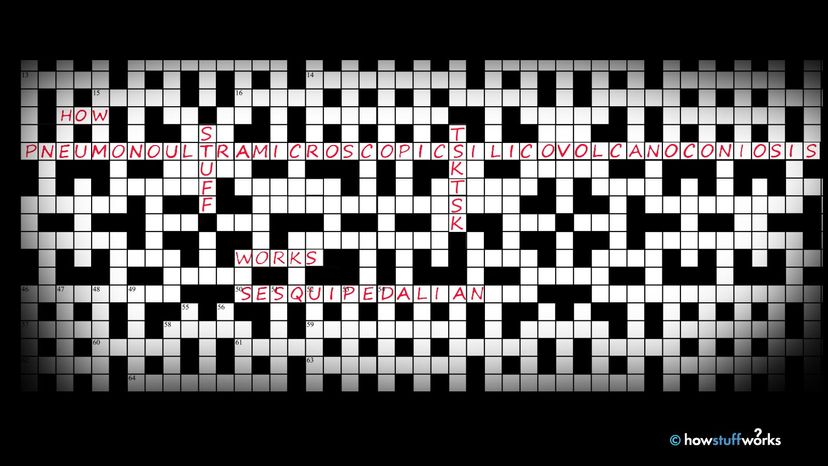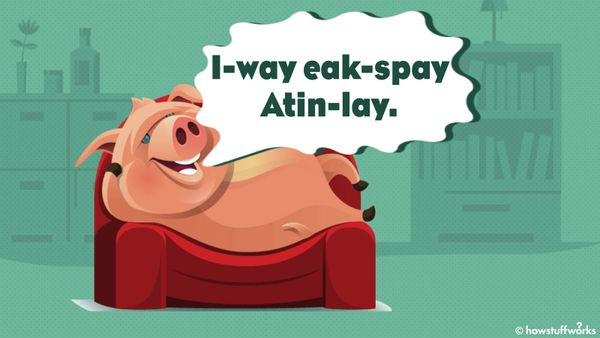
It's the kind of random thought that pops into your head in while typing a long word that you never get right on the first try: What is the longest word in the Englishlanguage? You know it can't be the one that you're struggling to type, so what is it?
It would truly shocking if you were trying to type the longest word, as it isn't really a word anyone uses. At all. The word is:pneumonoultramicroscopicsilicovolcanoconiosis. It's pronounced noo-muh-now-uhl-truh-mai-kruh-skaa-puhk-si-luh-kow-vaal-kay-now-kow-nee-ow-suhs. Just try saying that out loud.
Advertisement
According toMerriam-Webster, those 45 letters creating 19 syllables mean "caused by the inhalation of very fine silicate or quartz dust and occurring especially in miners."
But here's the thing: That's not a term anyone — even doctors — use to describe an actual condition. The word was likely made up byEverett K. Smithin the 1930s, when he was president of the National Puzzler's League. This was a group that lovedcrosswordsand, by extension, words themselves. Smith intended to create the longest word by mimicking medical terminology, even if there wasn't actually a disease to attach the word to. He just kind of made up the entire thing.
Many of the longest words in English do describe real medical conditions though. Take pseudopseudohypoparathyroidism, an inherited disorder that results in short stature and a round face.
Outside the medical world, we have words like "antidisestablishmentarianism," which refers to someone who was opposed to the disestablishment of the Church of England. Sure, it's not a word we use a lot today, but it was used quite a bit at the end of the 19th century.
Some record-setting words are the longest within particular parameters. "Uncopyrightable," which refers to any work that cannot becopyrighted, is the longest word in English without any repeating letters. Words like this are called "isograms."
Then there's最长的单词的元音"euouae," which is a term that comes from medieval music. On the other hand, you have thelongest word without any vowels, "tsktsk." You probably know this one. It's an onomatopoeia (another great long word!) for the sound you make when someone disappoints you.
Finally, you know there's got to be a word to describe someone who makes a habit of using long words. Surprisingly, it's only kind of long itself: "sesquipedalian."
Advertisement





